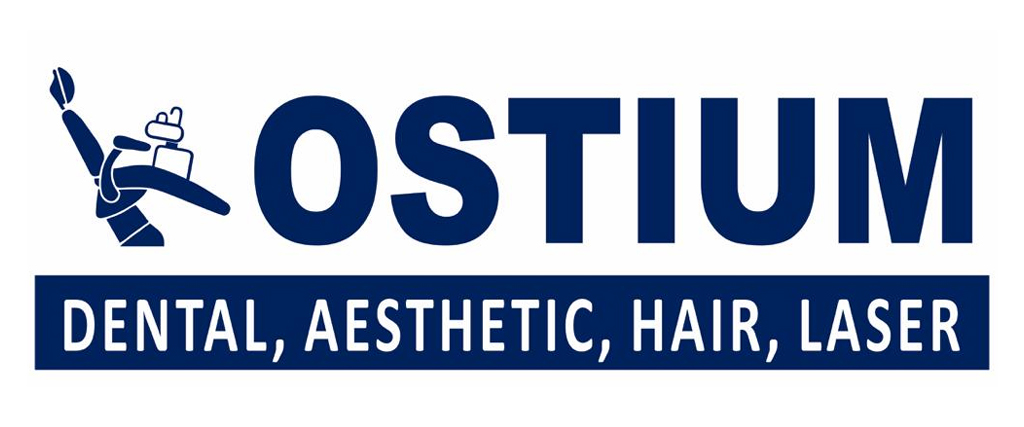- Oil pulling is an ancient Ayurvedic practice that involves swishing oil (commonly coconut, sesame, or sunflower oil) in the mouth for 10–20 minutes. While more research is needed for definitive conclusions,
- Oil pulling can reduce the amount of harmful bacteria in your mouth, such as Streptococcus mutans, which causes tooth decay and cavities. Oil pulling can also prevent the formation of plaque and tartar, which can lead to gum disease and gingivitis
potential benefits for oral health:
1. Reduces Harmful Bacteria
Oil pulling may help reduce the number of harmful bacteria in the mouth, particularly Streptococcus mutans, which contributes to plaque formation and tooth decay.
2. Reduces Plaque and Gingivitis
Swishing oil can reduce plaque buildup and inflammation of the gums (gingivitis), likely due to its antibacterial and anti-inflammatory properties.
3. Prevents Bad Breath (Halitosis)
Oil pulling may decrease the bacteria that cause bad breath, making it a natural alternative to mouthwash.
4. Whitens Teeth
Though not scientifically confirmed, many people report that oil pulling leads to slightly whiter teeth, possibly due to the removal of surface stains and toxins.
5. Moisturizes Gums and Reduces Dryness
The oil acts as a lubricant, which may soothe dry mouth or cracked lips, and help with gum irritation.
6. Supports Overall Oral Hygiene
When done regularly along with brushing and flossing, oil pulling may contribute to a cleaner mouth and fewer dental issues.
Best Practices for Oil Pulling:
- Use 1 tablespoon of oil (preferably organic coconut oil).
- Swish in the mouth for 10–20 minutes without swallowing.
- Spit the oil into a trash can (not the sink, to avoid clogging).
- Rinse with water and brush your teeth afterward.
⚠️ Note: Oil pulling should not replace brushing, flossing, or dental visits. It’s best used as a complementary practice.








